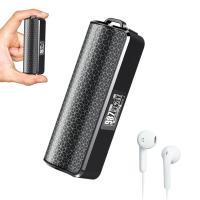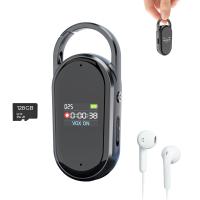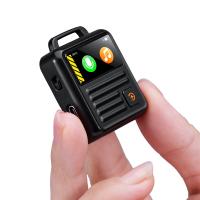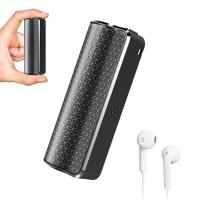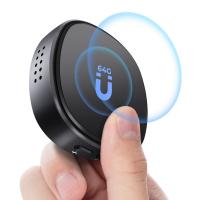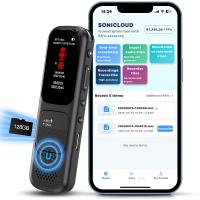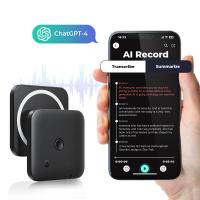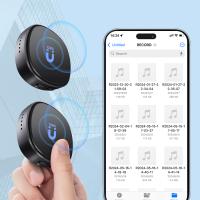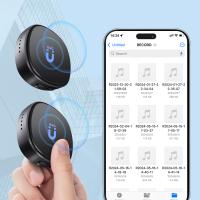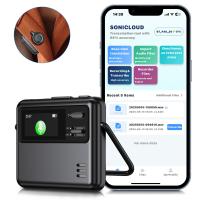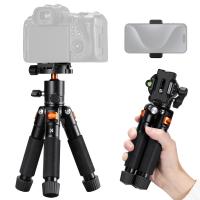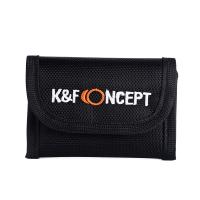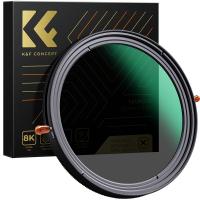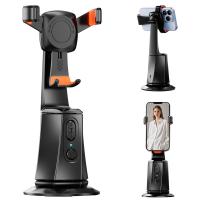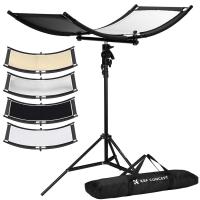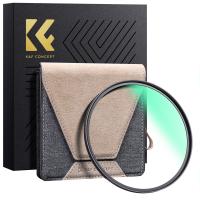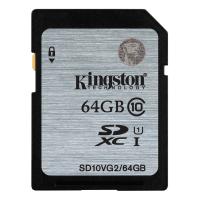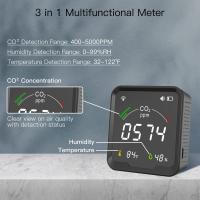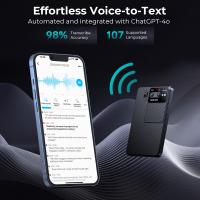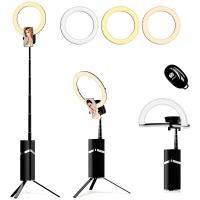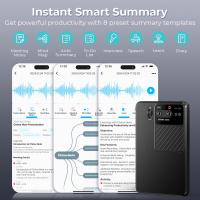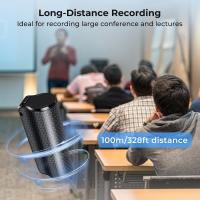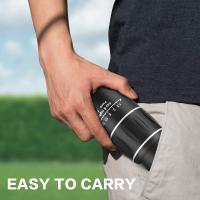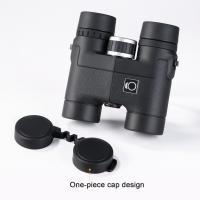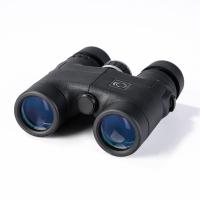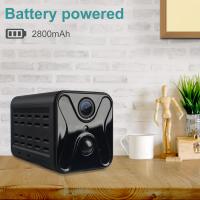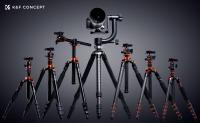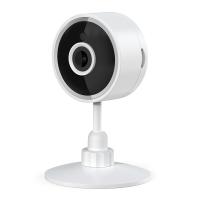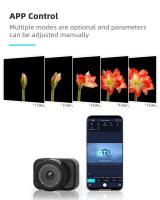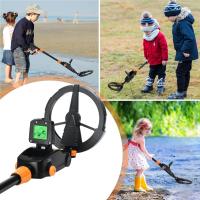How Long Does A Voice Recorder Last?
When it comes to voice recorders, longevity is a common concern for users looking to rely on these devices for personal, educational, or professional purposes. Whether the recorder is used for capturing interviews, lectures, meetings, or personal memos, understanding how long a voice recorder lasts depends on multiple factors, including battery life, storage capacity, durability, and device quality. In this comprehensive guide, we aim to address the common questions and considerations related to the lifespan and usability of a voice recorder.
1. Breaking Down the Lifespan of a Voice Recorder
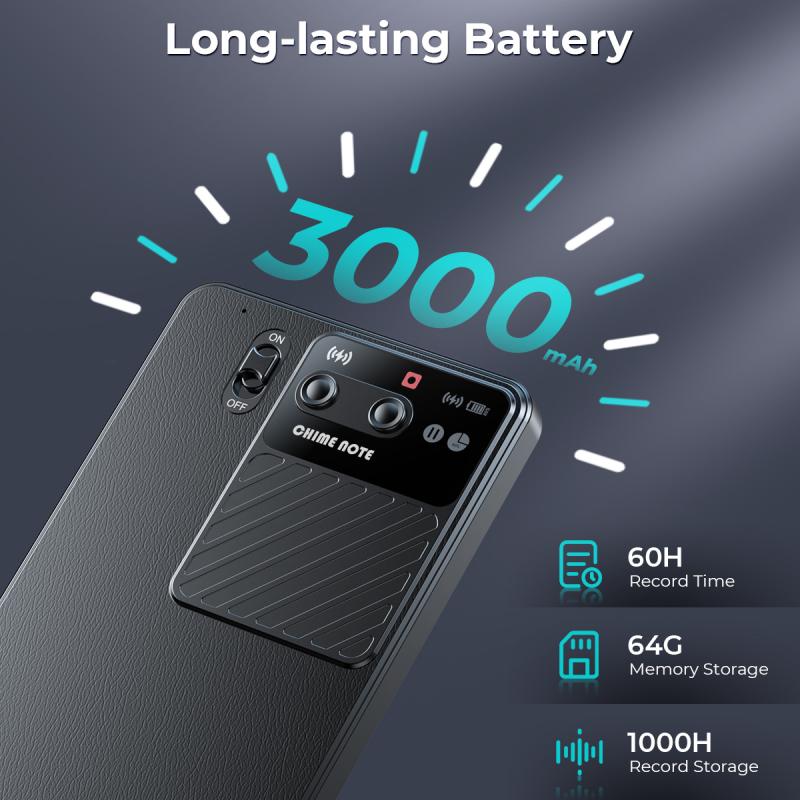
The term "lifespan" of a voice recorder can mean different things depending on the context. Here are the key areas that define how long a voice recorder lasts:
a. Battery Life: The Immediate Operational Limit
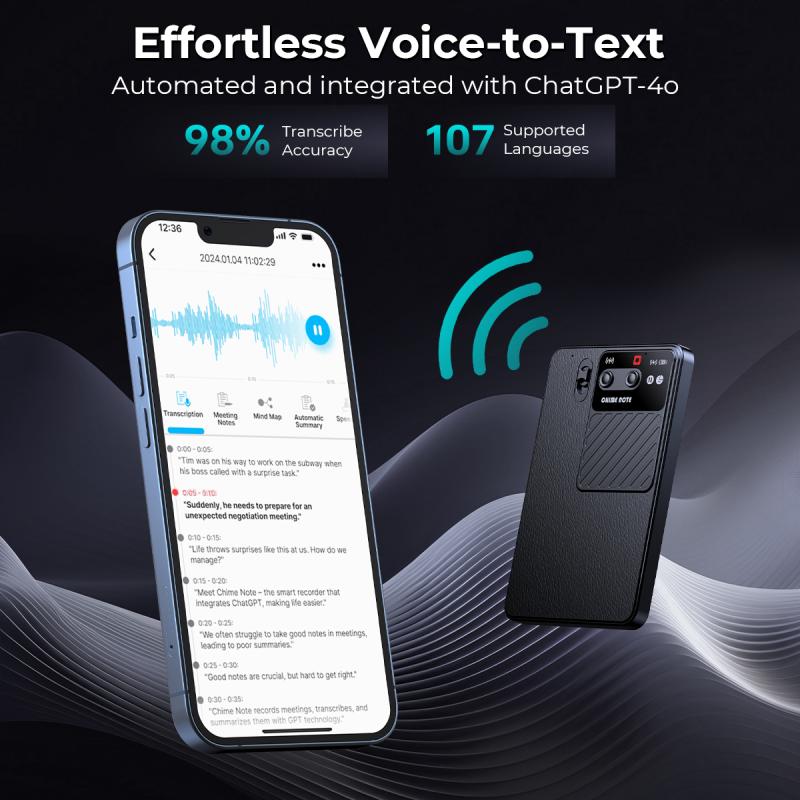
Battery life is one of the first factors that come to mind when determining the durability of a voice recorder. Recorders typically use one of three types of batteries: disposable batteries (like AA or AAA), rechargeable batteries (built-in lithium-ion), or replaceable rechargeable batteries. How long a voice recorder can operate on full charge or fresh batteries varies based on its design.
- Basic Models: Inexpensive, basic models often have a battery life of 8–12 hours on a full charge or fresh batteries. These models are best suited for casual users who don’t require extended recording sessions.
- Mid-Range Models: Mid-level voice recorders built for professionals or academics may last 20–30 hours per charge or fresh set of batteries, as they’re designed to accommodate longer recording sessions.
- High-End Models: Premium voice recorders, especially those with advanced hardware, high-capacity batteries, and optimized power management, can last 40–60 hours on one charge.
Keep in mind that battery life depends on factors such as recording mode, microphone sensitivity, and whether other features like playback or Bluetooth are in use.
b. Storage Capacity: How Much Can the Device Hold?

The duration for which a voice recorder is usable also depends on its storage. Most voice recorders today use internal memory or support external memory cards to expand storage.
- Internal Memory: Entry-level recorders may come with 4–8 GB of built-in storage, which can hold several hours of high-quality audio or potentially hundreds of hours of compressed (low-quality) recordings.
- External Memory Cards: Many models allow users to expand storage with microSD cards. With support for 32 GB or 64 GB cards, you can effectively store recordings for weeks, depending on your usage pattern.
- Cloud Backup: Some modern recorders offer the ability to upload files to the cloud, which means you won’t face immediate storage limitations, though this requires internet access.
Users recording in high-definition lossless formats like WAV will consume significantly more storage space than those recording in compressed formats like MP3, which directly impacts how long the device can operate effectively without file management.
c. Physical and Functional Longevity: Durability Over Time
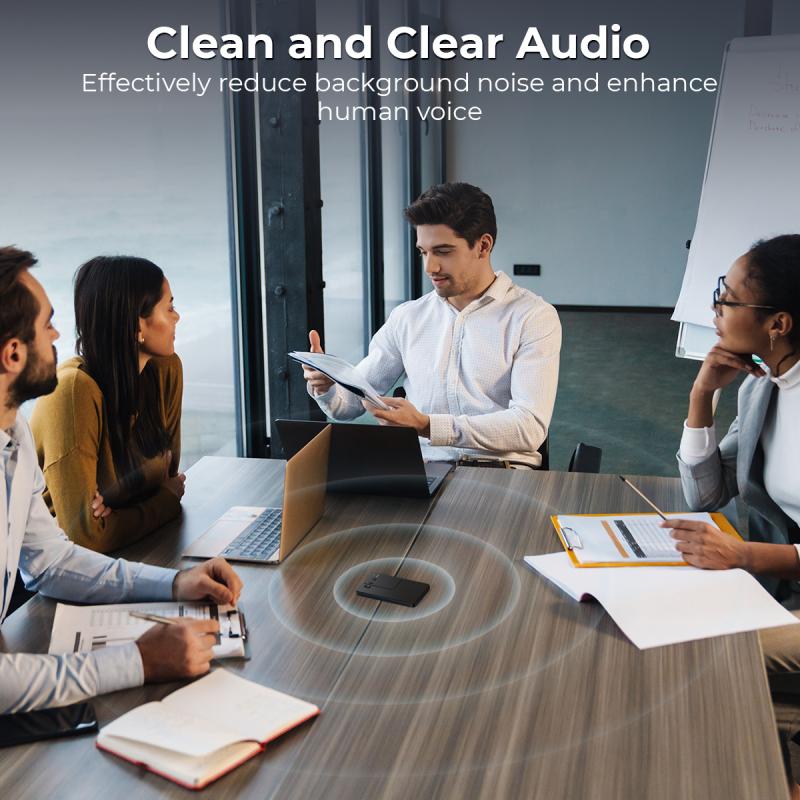
Beyond battery and storage considerations, the physical lifespan of a voice recorder depends on the quality of its build, how well it is maintained, and its resistance to wear. High-quality models made with durable materials can last for several years if properly cared for, making them a worthwhile investment for frequent users.
- Build Quality: Devices with shock-resistant materials and well-designed hardware last longer. They’re more resilient to accidental drops, exposure to elements, or general wear over time.
- Usage Frequency: If heavily used daily, the buttons, microphone, and other parts may wear down faster than if used occasionally.
- Proper Maintenance: Protecting your voice recorder from extreme conditions (such as moisture, heat, or dust) and keeping it clean will extend its lifespan significantly.
d. Software and Format Support: Staying Relevant
Older voice recorders may eventually become obsolete if they no longer support modern file formats or operating systems. If the recorder relies on proprietary software, the manufacturer may eventually cease updates, making file transfers and device usability inconvenient. Investing in a recorder with broadly compatible USB or Bluetooth connectivity and open file formats such as MP3 ensures that your device will remain usable longer.
---
2. Extending the Usable Life of a Voice Recorder
While voice recorders are often reliable, implementing certain strategies will ensure you get the maximum longevity out of your device:
a. Optimize Recording Settings
Recording in higher-quality formats such as WAV results in clearer audio but consumes more battery power and storage space. If you don’t require high-fidelity recordings, consider using compressed formats like MP3 to extend the operational time and avoid frequent data transfers.
b. Charge and Monitor Batteries Regularly
For units with rechargeable batteries, avoid overcharging or letting the battery completely drain repeatedly, as this can degrade the capacity over time. For recorders relying on replaceable batteries, keep spares on hand to minimize impacts during extended recording.
c. Regularly Back Up Files
Transferring recordings to your computer or cloud service prevents unnecessary buildup on the recorder’s storage. When files are organized and stored externally, you have readily available backup copies and minimize the risk of data loss.
d. Protect the Device
Use protective cases or pouches to shield the device from scratches and falls. Keep the recorder in climate-controlled environments, away from moisture and excessive heat, which can damage internal components over time.
e. Keep Firmware Updated
If your digital voice recorder supports firmware updates, install them promptly to enjoy enhanced features, bug fixes, and broader device compatibility.
---
3. How Long Should You Expect a Voice Recorder to Last?
When considering operational use, a well-maintained digital voice recorder can last anywhere from 2–10 years, depending on the brand, model, and frequency of use. Cheaper models may last only a couple of years before hardware issues appear, while premium models often maintain reliable recording capabilities for closer to a decade.
---
4. When Should You Replace a Voice Recorder?
Knowing when to replace your voice recorder is essential to ensuring that it remains a useful tool. Here are some scenarios that indicate it’s time to upgrade:
- Inadequate Battery Life: If the device no longer holds a sufficient charge, and replacing the battery (if possible) is more expensive than getting a new recorder, it’s time to upgrade.
- Storage Constraints: If the internal storage is limited and your recorder doesn’t accept external memory or lacks cloud integration, upgrading to a newer model with higher capacity may be necessary.
- Technological Outdating: Obsolete file formats, poor audio quality compared to current standards, or lack of compatibility with modern devices can make older models impractical for professional use.
- Physical Damage: A damaged microphone, non-functional buttons, or cracked housing may render the device unreliable.
---
5. Choosing the Right Recorder for Longevity
To maximize the usability and lifespan of your recorder, choose a model designed to align with your needs. Look for devices with:
- Durable casing, high-quality microphones, and user-friendly interfaces.
- Long battery life and swappable/rechargeable battery options.
- Expandable storage through SD cards or built-in cloud backup capabilities.
- Regular firmware updates and broad compatibility with modern devices.
- Secondary features like noise reduction and voice activation, which improve overall functionality.
---
Final Thoughts
Voice recorders are an invaluable tool for a wide range of personal and professional needs, and the lifespan of these devices can vary based on usage, design quality, and care. When considering how long a voice recorder lasts, it’s vital to factor in battery life, storage limitations, physical durability, and compatibility with modern file formats. By choosing a high-quality recorder, maintaining it attentively, and utilizing optimal settings for your specific use case, you can expect years of reliable service.
Whether you’re a journalist, researcher, student, or business professional, investing time in understanding your device’s functionality and best practices will maximize performance and longevity, ensuring that your voice recorder remains a reliable companion for years to come.

